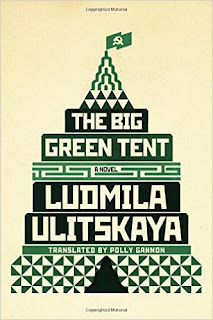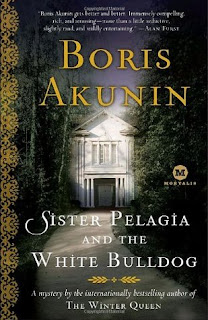Books by Clarence Day

God and My Father Life With Father Life With Mother, by Clarence Day A few weeks ago, somebody posted about God and My Father , a sort of memoir about the time Dad turned out not to be baptized. It was made into a film and everything. So I wondered if I could get it, and the library obliged with a collection by Clarence Day of his family memories. Clarence Day grew up in upper-middle class New York City in the late 1800s; his family was well-off, but not really wealthy. Day started off in business like his father, but crippling arthritis forced him into a much quieter life and he did a lot of writing, frequently for magazines, but books too. These books are really funny, written with great affection and understanding. God and My Father is a real memoir with a plot; it's a comedic story about his father's religious opinions and the family battle over baptism. Mr. Day was a conventional man who insisted on church attendance, but for the rest he preferred to be le














